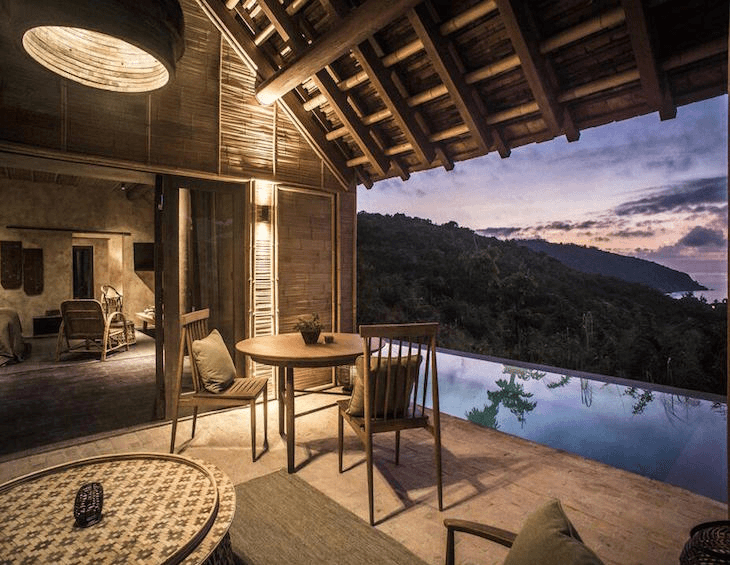The needs and preferences of travelers have evolved significantly over the years, driven by technological advancements, changing lifestyles, and a growing desire for unique and meaningful experiences. To stay competitive in the dynamic hospitality industry, hotel designers and developers are continually reimagining spaces to cater to the modern traveler’s demands. In this article, we explore the key principles and trends in designing hotels that resonate with today’s discerning and tech-savvy guests.
- Tech-Enabled Spaces: Modern travelers expect seamless connectivity and technological convenience. Hotels are incorporating features such as smart room controls, wireless charging stations, high-speed Wi-Fi, and voice-activated devices to enhance the guest experience. Robust connectivity is no longer a luxury but a necessity.
- Flexible and Multifunctional Spaces: Today’s travelers often seek spaces that are versatile and adaptable. Hotels are incorporating flexible design elements, such as modular furniture and movable partitions, to transform spaces for different purposes, including co-working areas, social gatherings, and wellness activities.
- Sustainability and Eco-Friendly Design: Sustainability has become a focal point in hotel design. Eco-friendly materials, energy-efficient systems, water-saving fixtures, and renewable energy sources are being integrated into hotel construction to reduce the environmental footprint. Green spaces, rooftop gardens, and vertical gardens also contribute to a more sustainable and visually appealing environment.
- Local and Cultural Integration: Modern travelers want to immerse themselves in the local culture and community. Hotel design is increasingly reflecting this trend by incorporating local art, cuisine, and materials. Boutique hotels often feature decor elements that pay homage to the destination’s history and heritage.
- Wellness and Health-Focused Amenities: Health and wellness have become a priority for many travelers. Hotels are responding by offering fitness centers, yoga studios, spa facilities, and wellness programs. Guestrooms are designed to promote relaxation and restful sleep, with comfortable mattresses, blackout curtains, and air purification systems.
- Personalization and Customization: Modern travelers appreciate personalized experiences. Hotel design incorporates data-driven approaches to understand guest preferences and tailor amenities and services accordingly. This might include customized room configurations, curated minibars, or personalized in-room technology.
- Integration of Art and Design: Art and design are central to creating a memorable and visually appealing hotel experience. Hotels are collaborating with local artists and designers to infuse spaces with unique and creative elements. Art installations, murals, and sculptures add character and identity to properties.
- Contactless and Efficient Services: The COVID-19 pandemic accelerated the adoption of contactless technologies in hotels. Designers are focusing on creating seamless, touchless experiences, including contactless check-in and check-out, mobile room keys, and QR code menus in restaurants.
- Social Spaces and Community Engagement: Modern travelers seek opportunities for social interaction and community engagement. Hotels are designing communal spaces, including rooftop bars, co-working lounges, and outdoor gathering areas, to encourage guest interaction and foster a sense of belonging.
- Accessibility and Inclusivity: Designing hotels with accessibility in mind is crucial for accommodating all guests. Universal design principles ensure that spaces are welcoming and functional for travelers with diverse needs and abilities.
Designing hotels for the modern traveler involves a delicate balance between aesthetics, functionality, technology, and sustainability. By staying attuned to the evolving needs and desires of today’s guests, hotel designers and developers can create spaces that provide not just accommodation but memorable and enriching experiences. Hotels that embrace these design principles are well-positioned to thrive in the competitive world of modern hospitality, attracting travelers seeking more than just a place to stay but a destination in itself.

